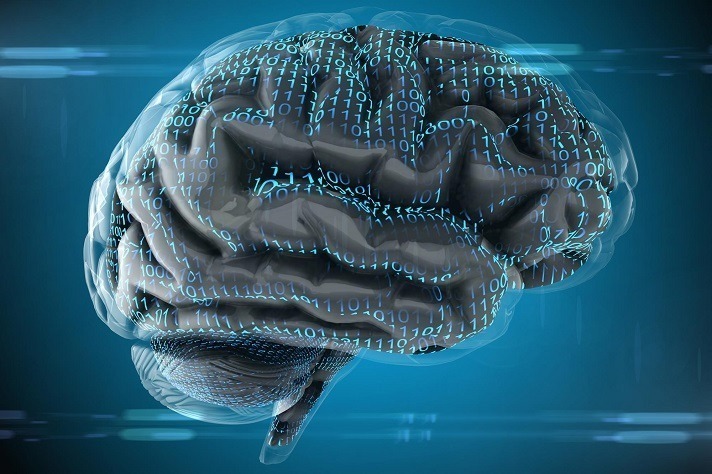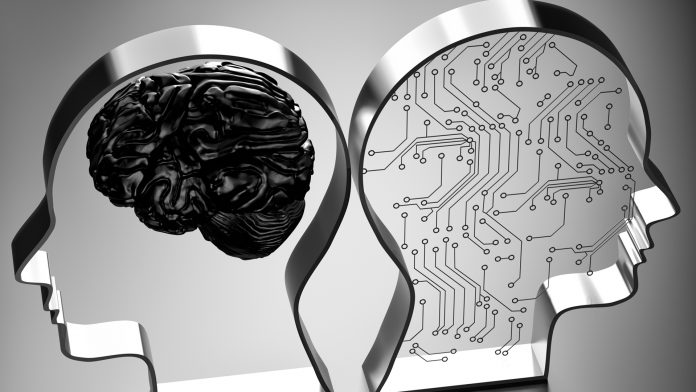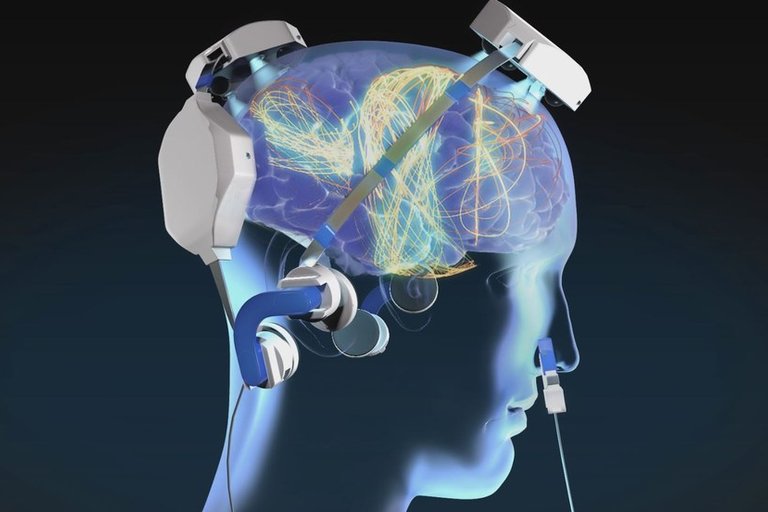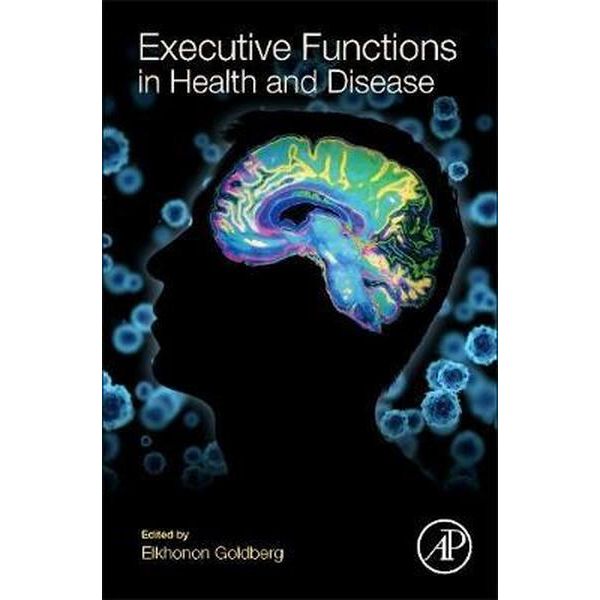Posts Tagged ‘psychiatric’
Debunking four myths about decision-making capacity to keep Britney Spears and others safe
Britney Spears’ impassioned remarks in court have raised many questions about conservatorships, including when they’re necessary and whether they effectively protect someone’s best interests. When one loses the capacity to make decisions for oneself the court appoints a guardian, or conservator, to make those decisions. Appointing someone to make decisions about personal and financial matters…
Read MoreUpdate: Should candidates to high office should pass a cognitive/ mental fitness test?
Wow, that was a couple of very insightful discussions, via social media no less. #1. The first one was about whether heads of state and candidates to high office should pass a cognitive/ mental fitness test. Click HERE to read and discuss some of the sharpest comments, such as… “I wonder what brought this up.” “Definitely. We routinely screen…
Read MoreUpdate: Trained older brains can outperform untrained younger ones at demanding cognitive tasks
_______________ Time for SharpBrains e‑newsletter, featuring the latest research, tools and thinking for lifelong brain health and mental well-being — and a couple fun brain teasers :-) New brain research: Can trained older brains outperform untrained younger ones at demanding cognitive tasks? Quick answer: YES September 17th @ UC Berkeley: Disrupting neurodegenerative diseases New neurotech and…
Read More10-year study finds that the higher the blood sugar level, the faster the cognitive decline over time — regardless of diabetic status
___ The Startling Link Between Sugar and Alzheimer’s (The Atlantic): “A longitudinal study, published Thursday in the journal Diabetologia, followed 5,189 people over 10 years and found that people with high blood sugar had a faster rate of cognitive decline than those with normal blood sugar—whether or not their blood-sugar level technically made them diabetic.…
Read MorePhotobiomodulation: A new and promising way to enhance brain function
___ As is increasingly evident, there are multiple methods aimed at enhancing brain function. Brain training and mindfulness practices are commonly used. Substance-based methods are popular too, including hallucinogens in the form of plant extracts, and drugs. Same as transcranial direct current stimulation (tDCS) and transcranial magnetic stimulation (TMS): All of these are promising but…
Read MoreExecutive Functions in Health and Disease: New book to help integrate Cognitive Neuroscience and Neuropsychology
__________ Neuroscience used to be the monopoly of a few elite universities located in a handful of countries. Neuropsychology used to be a quaint niche discipline relatively unconnected to the larger world of neuroscience and content in its methods with paper-and-pencil tests.
Read More





